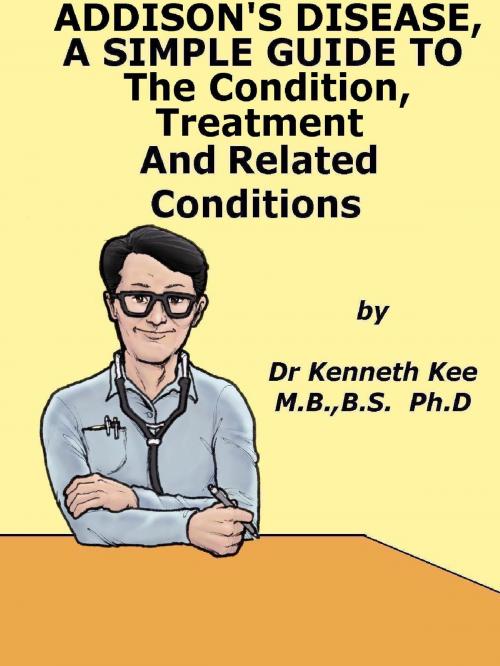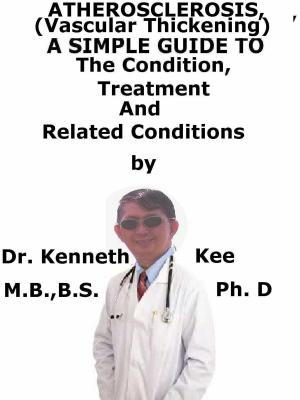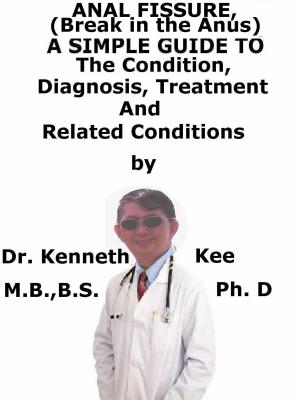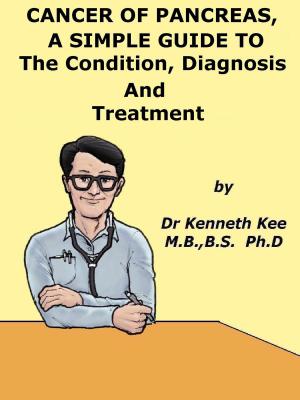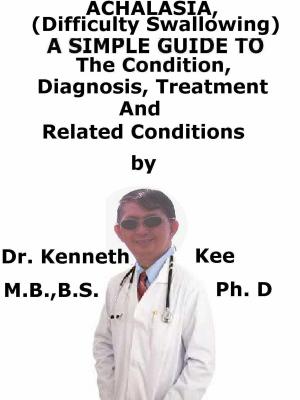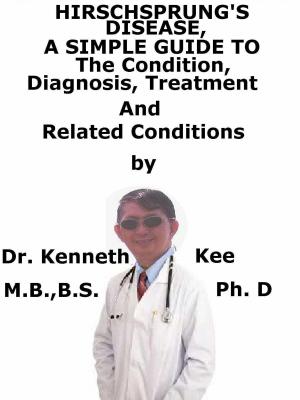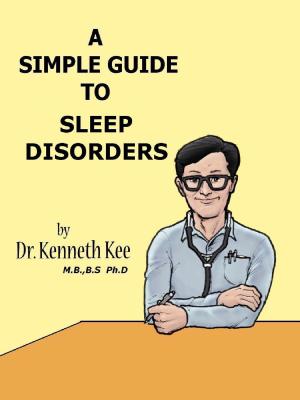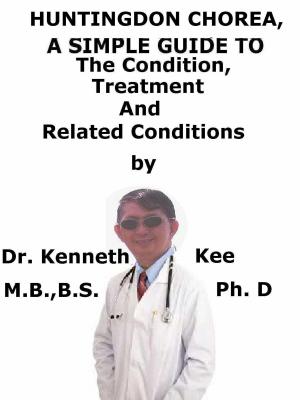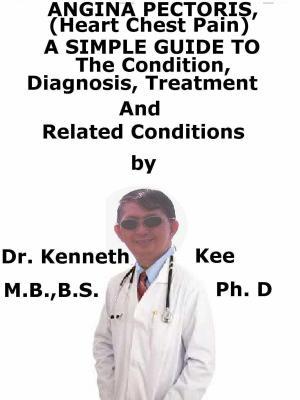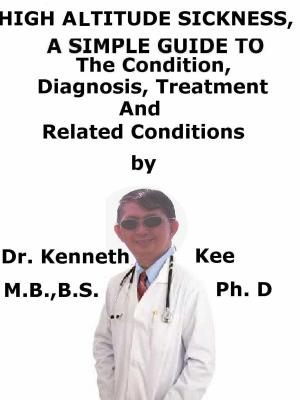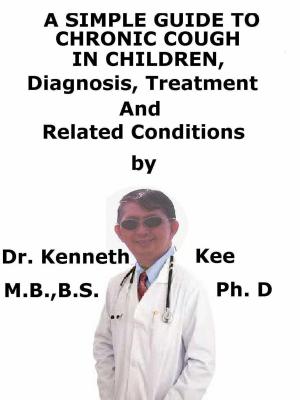Addison’s Disease, A Simple Guide To The Condition, Treatment And Related Conditions
Nonfiction, Health & Well Being, Medical, Specialties, Internal Medicine, Endocrinology & Metabolism, Health, Ailments & Diseases, Immune System| Author: | Kenneth Kee | ISBN: | 9781370042081 |
| Publisher: | Kenneth Kee | Publication: | October 17, 2016 |
| Imprint: | Smashwords Edition | Language: | English |
| Author: | Kenneth Kee |
| ISBN: | 9781370042081 |
| Publisher: | Kenneth Kee |
| Publication: | October 17, 2016 |
| Imprint: | Smashwords Edition |
| Language: | English |
Addison Disease is a disease that is caused by the deficiency of circulating glucocorticosteroids and mineral corticoids (aldosterone) hormones as a result of disease of the adrenal glands.
The causes of Addison Disease are:
1. Auto-immune disease (Type 1 PGA – Poly-glandular Autoimmune Syndrome) of the adrenals with destruction of the adrenal parenchyma
2. Tuberculosis of the adrenal glands
3. Adrenal tumors that may be benign or malignant
4. Rare causes are hemorrhage, infarction, and infiltrative diseases
The increased pigmentation especially in areas not exposed to the sun (such as buccal mucosa and palmar creases) and loss of weight can suggest the diagnosis of Addison Disease
This is due to excess pituitary production of ACTH which has melanocytes producing properties.
There is also sparse growth of axillary and pubic hairs.
Electrolytes especially sodium is low, potassium and urea nitrogen is high
ACTH stimulation test with impaired corticoid response is required to confirm diagnosis
Plasma cortisol is low (< 3mcg/dL) and do not rise with ACTH stimulation
Addison crisis is treated by intravenous normal saline and hydrocortisone 100mg every eight hours
Treatment must be done before laboratory confirmation of diagnosis because of the danger of coma
Chronic Addison disease requires replacement of glucocorticosteroids:
Hydrocortisone 30mg daily (two thirds in the morning, one third in the evening)
Cortisone acetate 37.5 mg daily or
Fludrocortisones 0.05 to 0.2 mg daily
DHEA 50mg orally in the morning
Adequate salt intake is important for normal fluid and electrolyte balance.
Addison crisis patients have excellent recovery with appropriate treatment
Chronic Addison disease patients also recovered well with replacement therapy.
Care is needed when there is trauma, infection and surgery
TABLE OF CONTENT
Introduction
Chapter 1 Addison Disease
Chapter 2 Interesting Facts about Adrenal Fatigue
Chapter 3 Treatment of Adrenal Fatigue
Chapter 4 Adrenal Fatigue
Chapter 5 Adrenal Tumors
Chapter 6 Adrenal Crisis
Chapter 7 Cushing Syndrome
Epilogue
Addison Disease is a disease that is caused by the deficiency of circulating glucocorticosteroids and mineral corticoids (aldosterone) hormones as a result of disease of the adrenal glands.
The causes of Addison Disease are:
1. Auto-immune disease (Type 1 PGA – Poly-glandular Autoimmune Syndrome) of the adrenals with destruction of the adrenal parenchyma
2. Tuberculosis of the adrenal glands
3. Adrenal tumors that may be benign or malignant
4. Rare causes are hemorrhage, infarction, and infiltrative diseases
The increased pigmentation especially in areas not exposed to the sun (such as buccal mucosa and palmar creases) and loss of weight can suggest the diagnosis of Addison Disease
This is due to excess pituitary production of ACTH which has melanocytes producing properties.
There is also sparse growth of axillary and pubic hairs.
Electrolytes especially sodium is low, potassium and urea nitrogen is high
ACTH stimulation test with impaired corticoid response is required to confirm diagnosis
Plasma cortisol is low (< 3mcg/dL) and do not rise with ACTH stimulation
Addison crisis is treated by intravenous normal saline and hydrocortisone 100mg every eight hours
Treatment must be done before laboratory confirmation of diagnosis because of the danger of coma
Chronic Addison disease requires replacement of glucocorticosteroids:
Hydrocortisone 30mg daily (two thirds in the morning, one third in the evening)
Cortisone acetate 37.5 mg daily or
Fludrocortisones 0.05 to 0.2 mg daily
DHEA 50mg orally in the morning
Adequate salt intake is important for normal fluid and electrolyte balance.
Addison crisis patients have excellent recovery with appropriate treatment
Chronic Addison disease patients also recovered well with replacement therapy.
Care is needed when there is trauma, infection and surgery
TABLE OF CONTENT
Introduction
Chapter 1 Addison Disease
Chapter 2 Interesting Facts about Adrenal Fatigue
Chapter 3 Treatment of Adrenal Fatigue
Chapter 4 Adrenal Fatigue
Chapter 5 Adrenal Tumors
Chapter 6 Adrenal Crisis
Chapter 7 Cushing Syndrome
Epilogue
